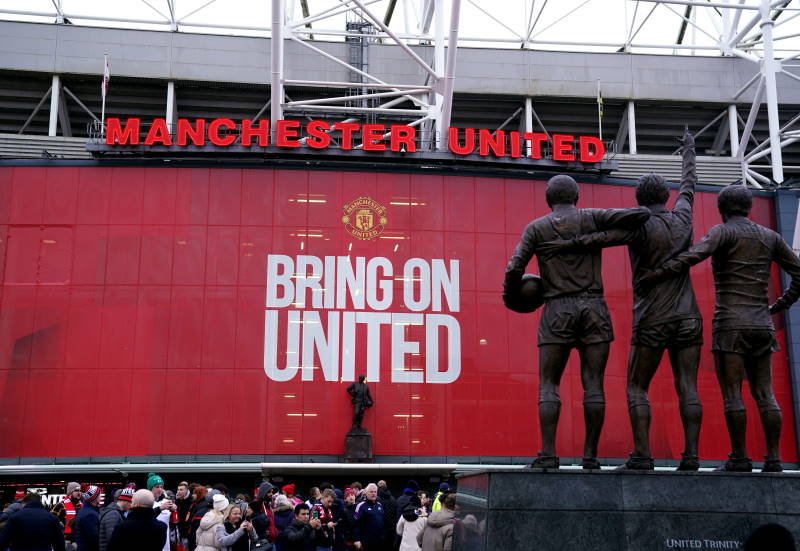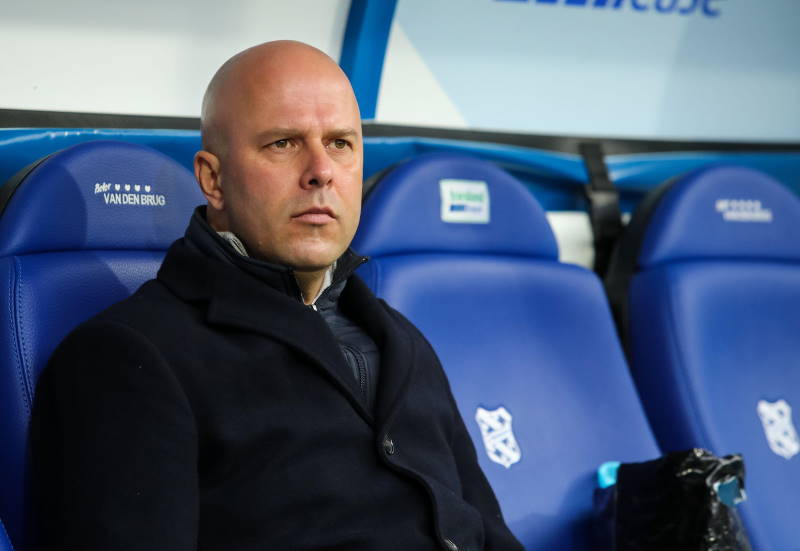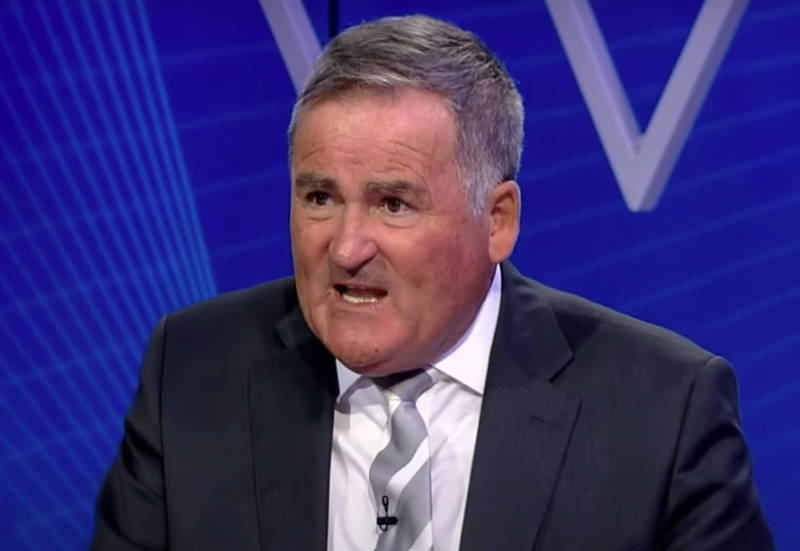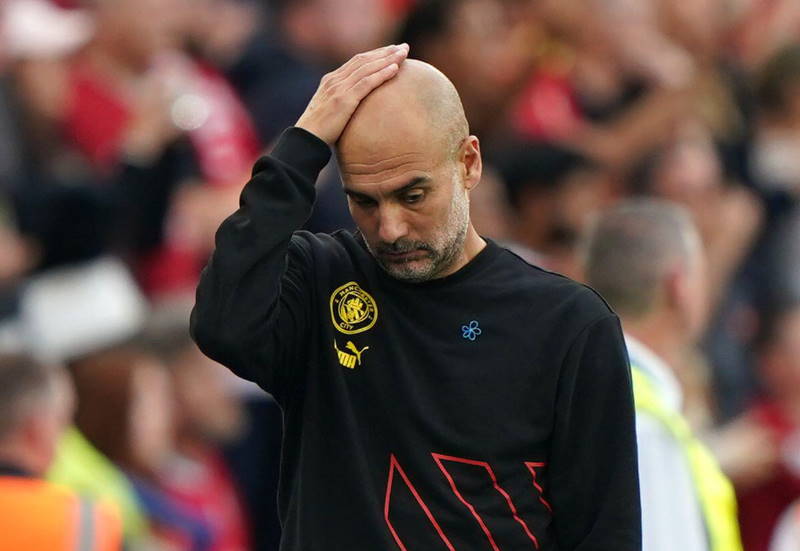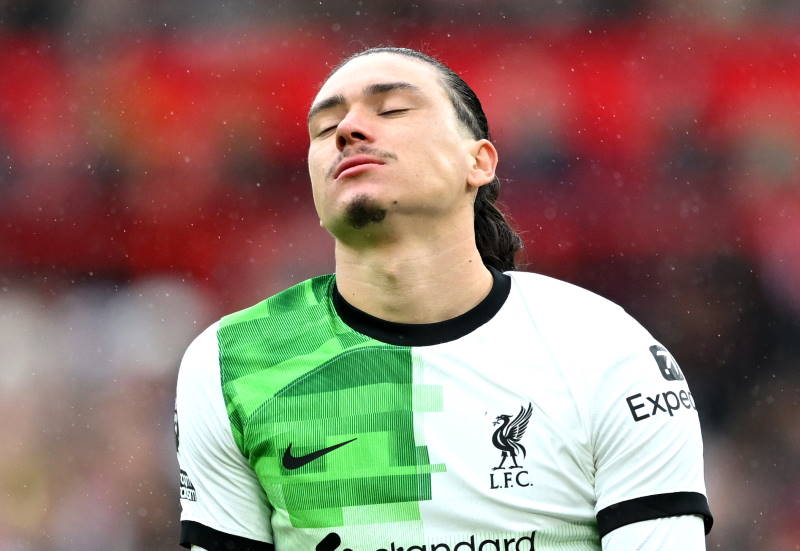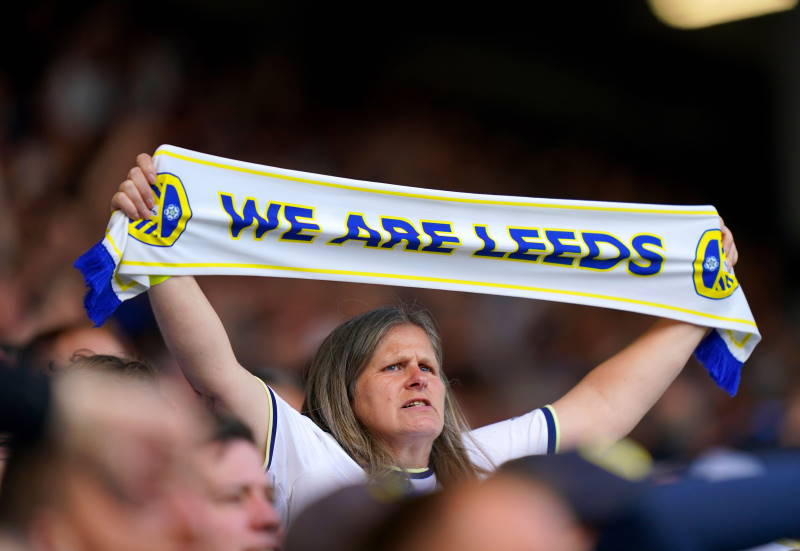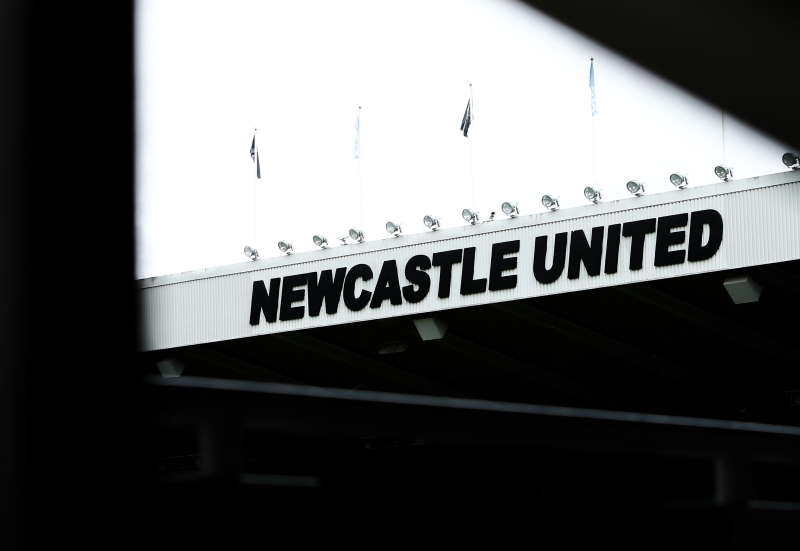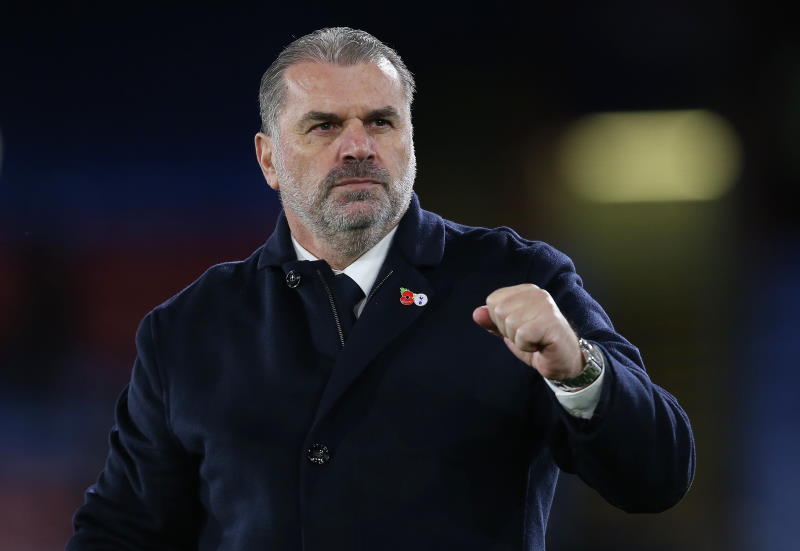
Chris Moller
Red Bull owner Dietrich Mateschitz has mooted investment in the region of €100m in RB Leipzig, a team plying its trade in the fourth tier of German football. What the club lack in tradition and history, they make up for in ambition. The goal is to reach the Bundesliga within five to eight years, and from there to enter the Champions League, building further exposure for the Red Bull brand.
RB Leipzig is the latest addition to Red Bull’s fledging global football empire that today includes reigning Austrian champions Red Bull Salzburg (established 2005) and New York Red Bulls (2006), as well as undertakings in Brazil (2007) and Ghana (2008). Red Bull found themselves not able to take over an established club in one of the higher leagues in German football – no team would willingly hand over the reins to a large corporation – so in 2006 the drinks company mounted a bid for control of FC Sachsen Leipzig, a club in the fourth tier of Germany’s system. That project was soon stymied however, as it met with fan protests – some violent – as well as disapproval from the German FA.
Leipzig however, offers a good base to enter the coveted German market. A city of some 500,000 inhabitants, Leipzig is the second largest in the former East Germany, yet their highest-ranking football team play in the fourth tier. The highest placed East German team is FC Erzgebirge Aue, a top-five outfit in the second tier. Red Bull therefore wager that there should be much interest in a high-flying side in Leipzig and the wider region.
The city also boasts a state of the art 44,000-seater stadium built for the 2006 World Cup; and so in 2009 Red Bull came knocking again, and this time SSV Markranstädt, a relatively young club playing in the fifth tier, answered Mateschitz’ call. The takeover was made official in June 2009 and the club was renamed RB Leipzig. German regulations forbid the naming of clubs after corporations (with exceptions for already established sides such as Bayer Leverkusen and Carl Zeiss Jena), thus RB officially is an abbreviation for ‘RasenBallsport’, which translates roughly to ‘pitch ball sports’.
Even at SSV Markranstädt, a small outfit established after the Second World War, there were fan protests against the takeover as supporters spread herbicide on the pitch of the club’s interim Stadium am Bad. The Bulls charged on, however, and breezed through the league to claim promotion with a team which included a number of players with top flight experience, such as Timo Rost (32-year-old former Energie Cottbus goalkeeper), Alexander Laas (ex-Hamburg and Wolfsburg midfielder) and a former German international in Ingo Hertzsch (former Hamburg, Bayer Leverkusen and Eintracht Frankfurt defender). Along the way, former Hamburg sporting director Dietmar Beiersdorfer was installed as chairman.
But the protests against RB did not die down – there have been threats against players and the club bus has come under attack. Last summer, the team played a friendly against Schalke and factions of the powerful Ruhr club’s supporter groups called for a boycott of the match; a similar fate awaits this summer’s friendly against Bayern Munich. Opposition supporters also regularly make their antipathy toward the East German side known through banners and chants.
On the pitch this season has not been a success as the ambitious RB find themselves out of the promotion race. That cost coach Tomas Oral his job, meaning that the club will shortly appoint a third coach in less than two years. Responsible for finding the right man for the job was Thomas Linke, the former Bayern Munich defender who came on board as sporting director in February of this year; or at least that seemed to be the case until recently.
While Schalke were playing Manchester United at Old Trafford in the Champions League, RB Leipzig announced that Peter Pacult would take over from next season. At the same time it was announced that Linke would resign as sporting director with immediate effect after just 10 weeks in the job. The timing of these two important announcements is unlikely to be a coincidence. Pacult, an Austrian, was a favourite of Red Bull owner Dietrich Mateschitz, and in contrast Linke would have preferred a different appointment. Officially, the ex-Bayern man quit for personal reason. In reality, his departure may have come about because the 41-year-old felt Mateschitz was interfering with his job.
And here lies the problem with RB Leipzig. German football clubs are membership associations and the long-established so-called ‘50 + 1 rule’ acts as a guarantee that members always have a majority of votes. This, in theory at least, bars outside investors from taking control of a club because they can never gain a majority.
In practice however, this is not always the case. TSG 1899 Hoffenheim’s march up through the leagues was only made possible by the quasi-philanthropy of IT billionaire Dietmar Hopp, a former player at the club, who has been heavily involved with the day-to-day running of the Bundesliga outfit. It was Hopp, rather than the sporting management of Hoffenheim, that decided to sell Brazilian midfielder Luiz Gustavo to Bayern Munich in January, even though the rules of German football formally restricted the owner from this kind of decision-making. Still, the deal went through and coach Ralf Rangnick quit in protest – the current situation at RB Leipzig looks similar.
The 50 + 1 rule is one of the cornerstones of German football and it is generally highly appreciated among fans. It ensures supporters and members have a voice to help stop their side from falling into the hands of greedy and short-sighted foreign investors. Members’ influence also contributes to helping to keep ticket prices low, attendances high and the country’s leagues profitable.
RB Leipzig, in spite of a lowly position in German football, is seen as one of the biggest challengers to the 50 + 1 rule and the established order. The antipathy against the club will only intensify after Linke’s exit unless the parties involved develop a very convincing storyline about his departure.

